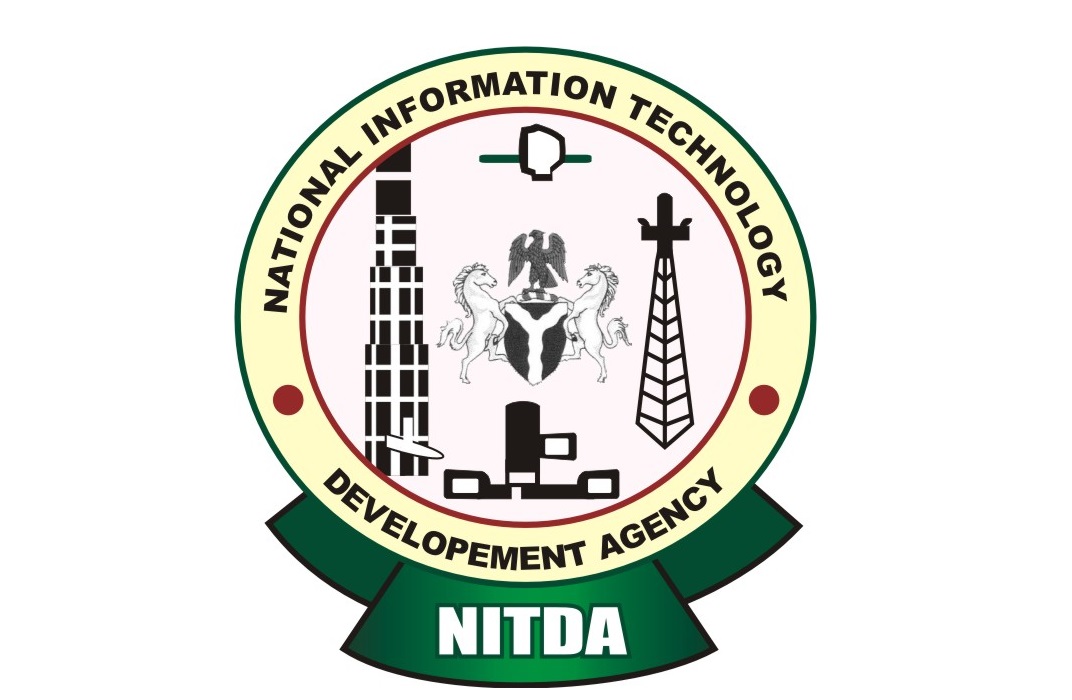Nigeria took a turn for an exciting and refreshing phase in November 2019 when President Muhammadu Buhari launched the 10 year National Digital Economy Policy and Strategy, NDEPS 2020-2030.
The policy’s vision was aimed at transforming Nigeria into a leading digital economy, creating sustainable wealth and opportunities for all. This policy also saw the birth of the Federal Ministry of Communications and Digital Economy with a responsibility to relentlessly pursue the country’s digital economy policy.
- Imo attacks: IPOB building armoury to actualise Biafra – Ex-AIG
- Don’t let anarchists take over your region — ACF urges South East leaders
Strategically located and positioned between West and Central Africa, Nigeria is undoubtedly Africa’s business hub with easy access to other regions of the world. Nigeria offers many investment and business opportunities and advantages in the information and communications technology, ICT sector with about 65 per cent of its youths within the IT savvy.
Nigeria’s tech start-ups attracted over $83 million in funding to create solutions that solve everyday problems.
Official figures show that Nigeria’s foreign direct investment, FDI in the ICT sector rose from an aggregate of $50 million in 2001 to $32billion in 2015 and $38 billion in 2016. By 2017 and 2018 it was $3.5 billion and $99.6 billion respectively with a GDP of over $380 billion.
So far, the Nigerian ICT sector has attracted total investments of about $68 billion over the years thereby providing more than half of the country’s Foreign Direct Investments, FDIs.
Even the 2020 edition of the Ease of Doing Business report of World Bank acknowledged that Nigeria has taken a 15 leap step ahead of the previous year and appears as one of the top 10 countries that recorded significant improvement for the second time.
The contribution of ICT sector to Gross Domestic Product (GDP) witnessed considerable growth with digital economy contributing 17.83 per cent to Nigeria’s GDP.
Nigeria’s global rating as a global investment destination and the most strategic country for ICT in Africa was well deserved due to a number of concrete verifiable data.
It is, therefore, not in doubt that a data-driven economy is critical to addressing challenges
The accessibility and suitability of the geographical location, as well as availability of modern logistics and transportation services, are major factors encouraging the inflow of investors and investments into the country.
Added to these are economic and political stability in the environment, well-designed regulatory frameworks as instrumental to Nigeria’s tremendous strides in ICT. Others are enormous resources in minerals, ecological, agricultural and human resources some of which are yet to be fully exploited.
Progress in the ICT sphere is clearly visible in Nigeria. The status and potentials of the ICT market are good and promising. A number of investment opportunities abound in Nigeria’s software industry.
Concerned by the loss of billions of dollars to the importation of software and other ICT products and services, NITDA is poised to reverse the ugly trend.
Towards this end, NITDA has developed a strategy to promote partnerships between Nigerian and foreign software development firms for the promotion of knowledge sharing and capacity building to provide software and software-enabled services in Nigeria.
NITDA as the driving force in the country’s national IT policy has the mandate of the Federal Executive Council to serve as the clearance house for IT projects in government.
In specific terms, NITDA’s seven priority areas, in line with its vision and mission, is jobs creation, indigenous content, digital transformation, digital literacy and skills, emerging technology, cybersecurity and developmental regulation.
NITDA, in furtherance of the Presidential Executive order 001 expedited its services to the public and worked tirelessly to encourage a speedy turnaround for all its services related to its mandate with this order.
It is on record that in the last two years or so, NITDA witnessed unprecedented achievements and recorded milestones.
Notable among them is the innovation and entrepreneurship ecosystem, which created innovation-driven enterprises, IDEs. These IDEs have the capacity of creating innovative solutions with a clear competitive advantage and high growth potential. The IDEs have attracted impressive capital investments into Nigeria.
Results of research commissioned by NITDA recently show that a data-driven economy is critical to addressing challenges confronting an emerging economy such as Nigeria, thus making personal data a catalyst for the digital economy.
In consideration of the importance of data protection, the government put in place some regulations and guidelines through the Nigeria Data Protection Regulation, NDPR as contained in the 2020 Data Protection Bill to regulate and protect personal data.
Indeed, Nigeria has come a long way in its drive to change the fortunes of the country and her nationals into maximum utilisation of the opportunities offered by ICT for state and personal growth and development.
Indisputably, Nigeria has come of age as the global ICT investment hub courtesy of the PMB adminstration’s drive to diversify the country’s economy.
By Musa Ilallah, who lives in Abuja

 Join Daily Trust WhatsApp Community For Quick Access To News and Happenings Around You.
Join Daily Trust WhatsApp Community For Quick Access To News and Happenings Around You.


